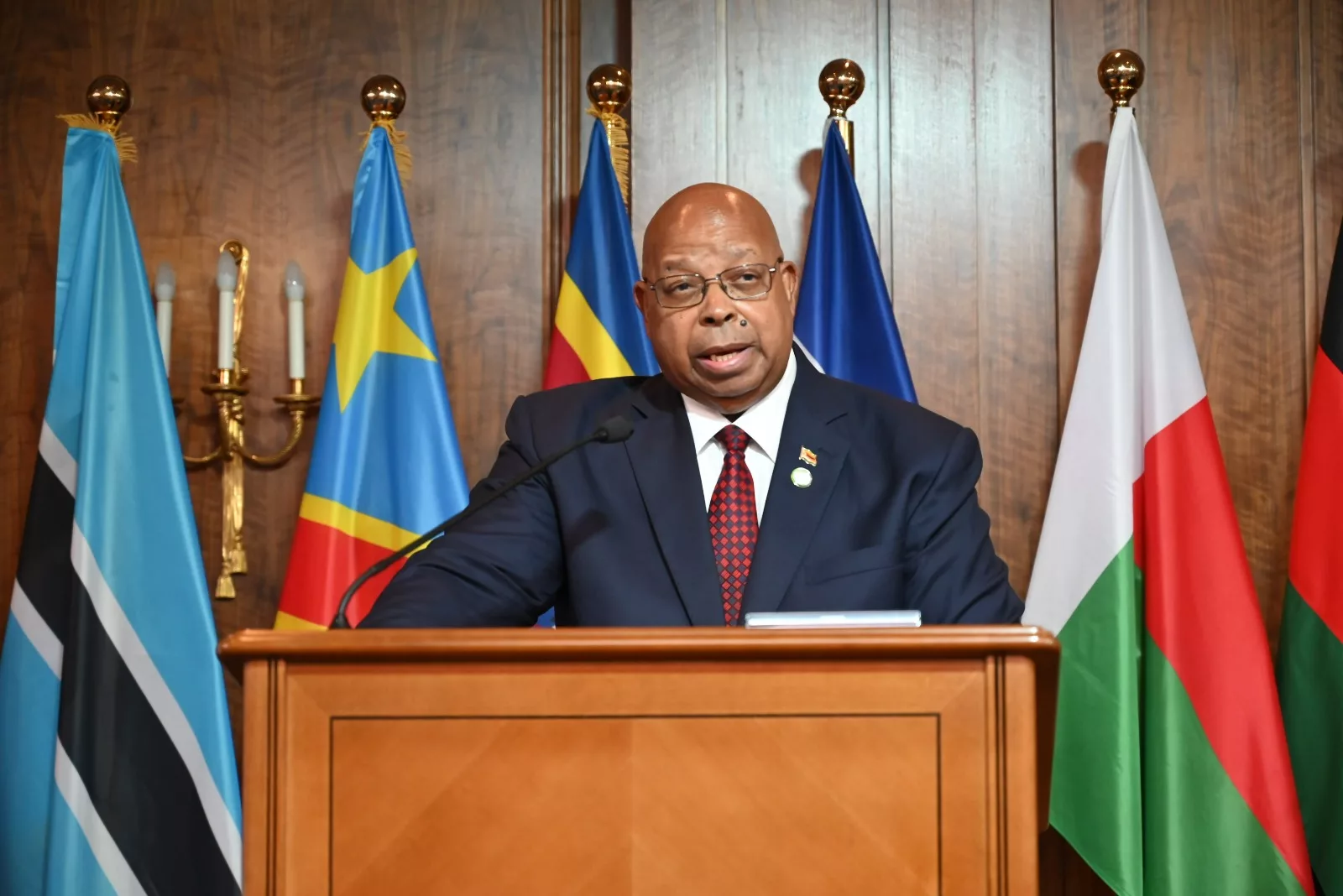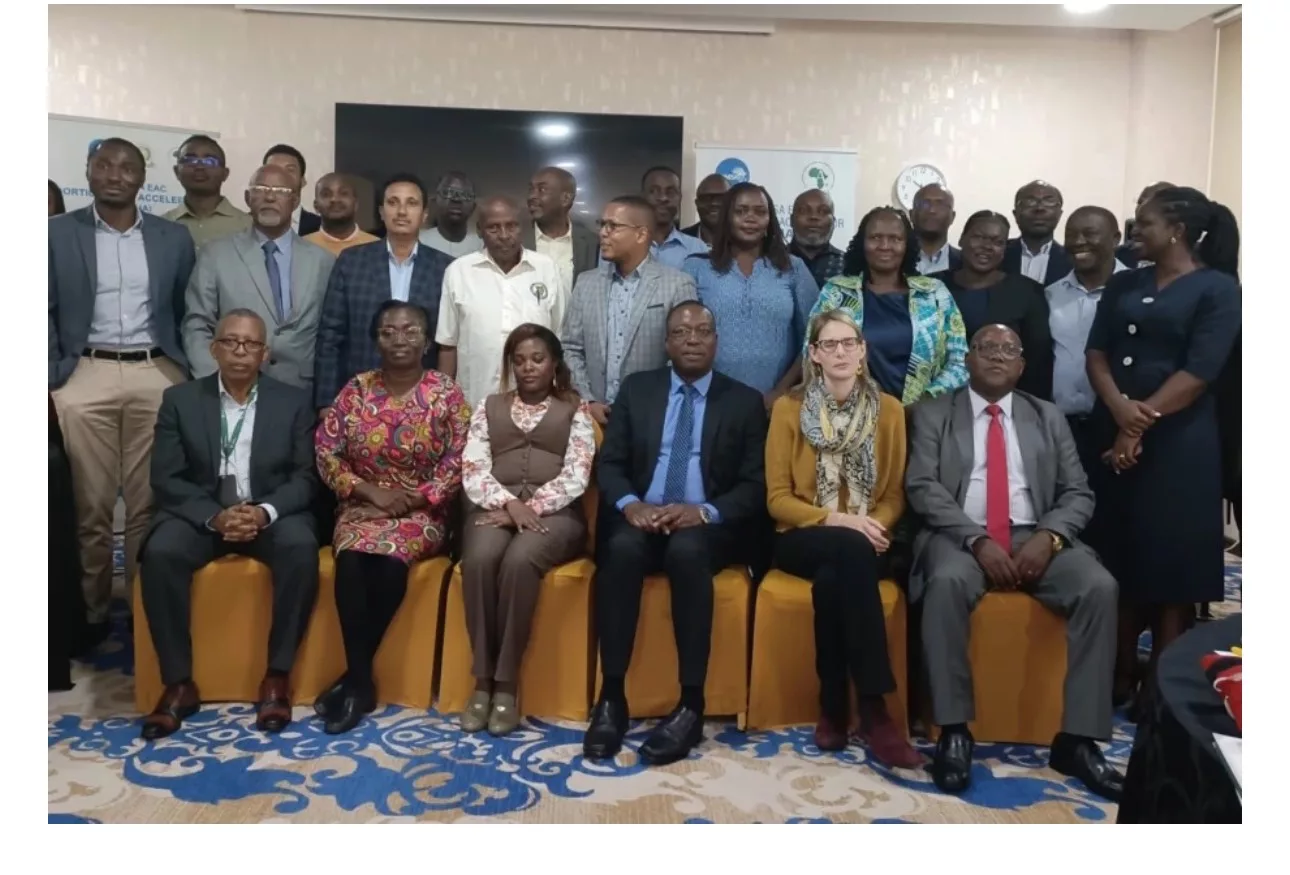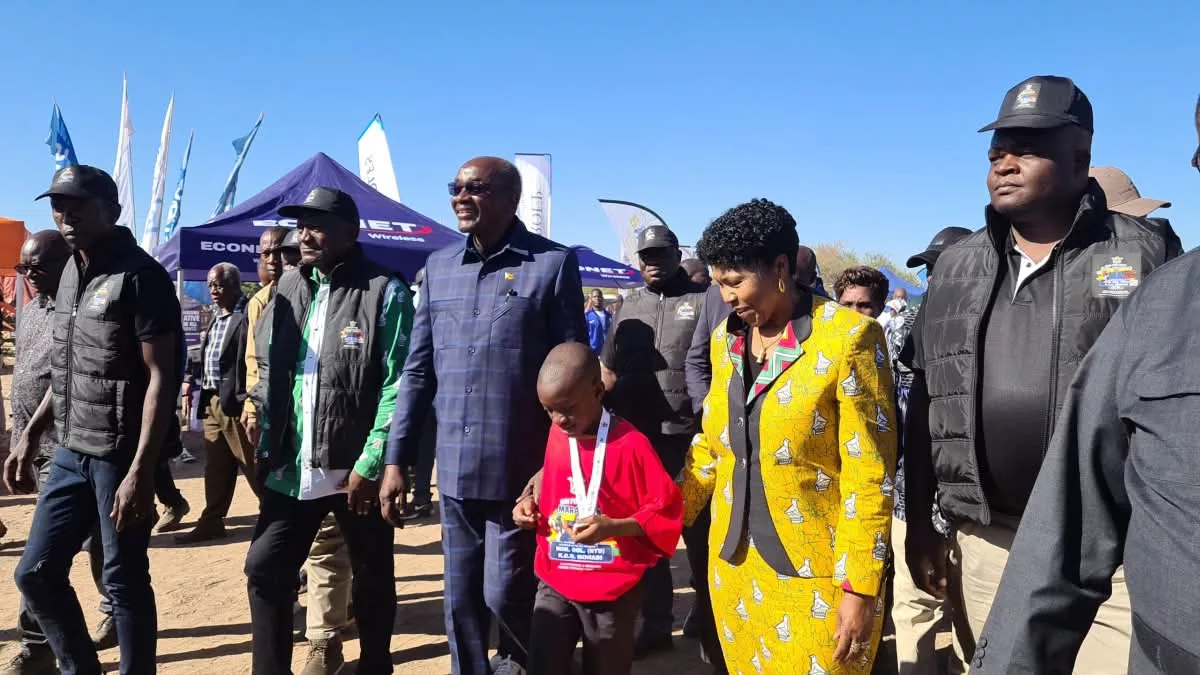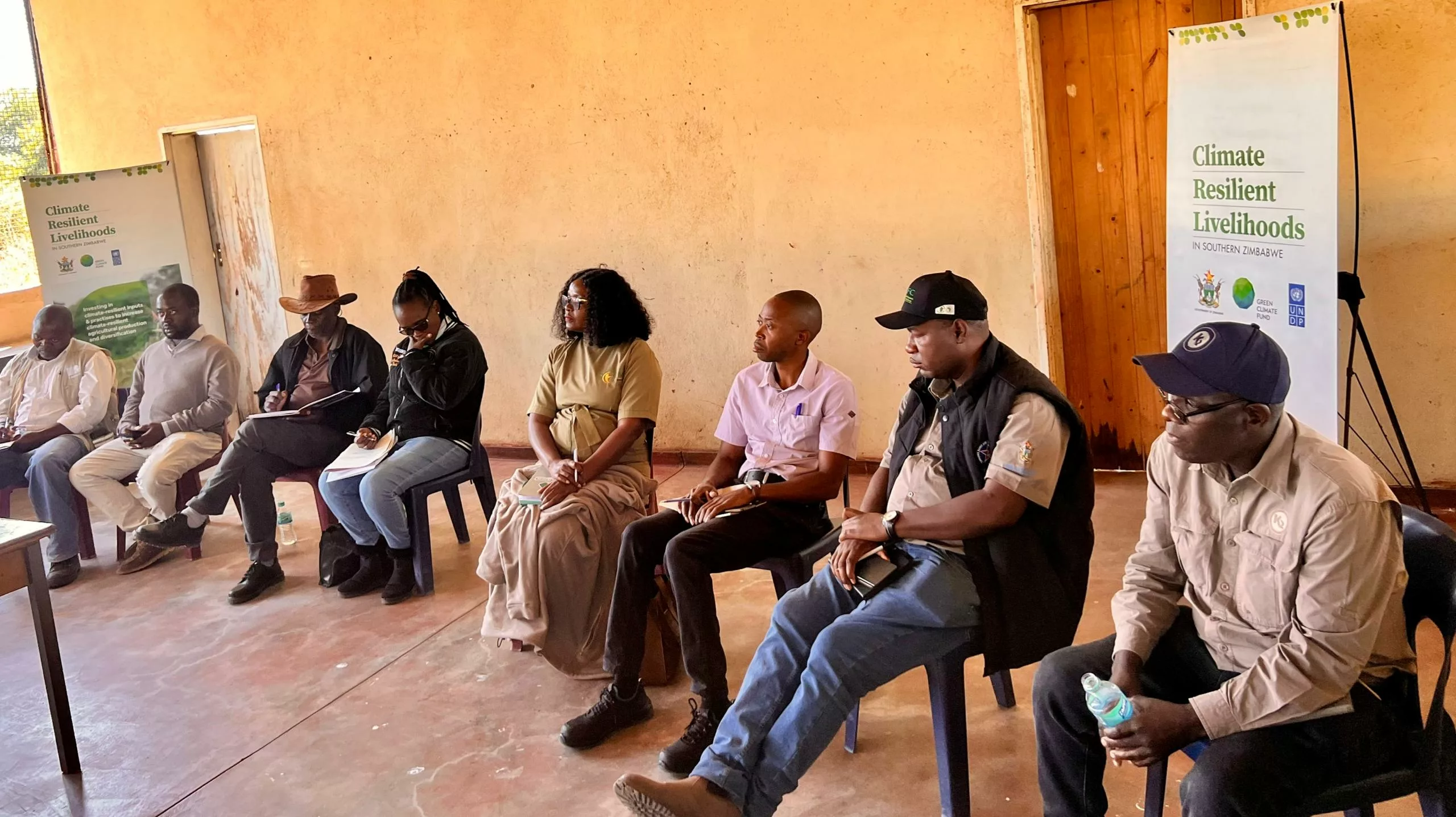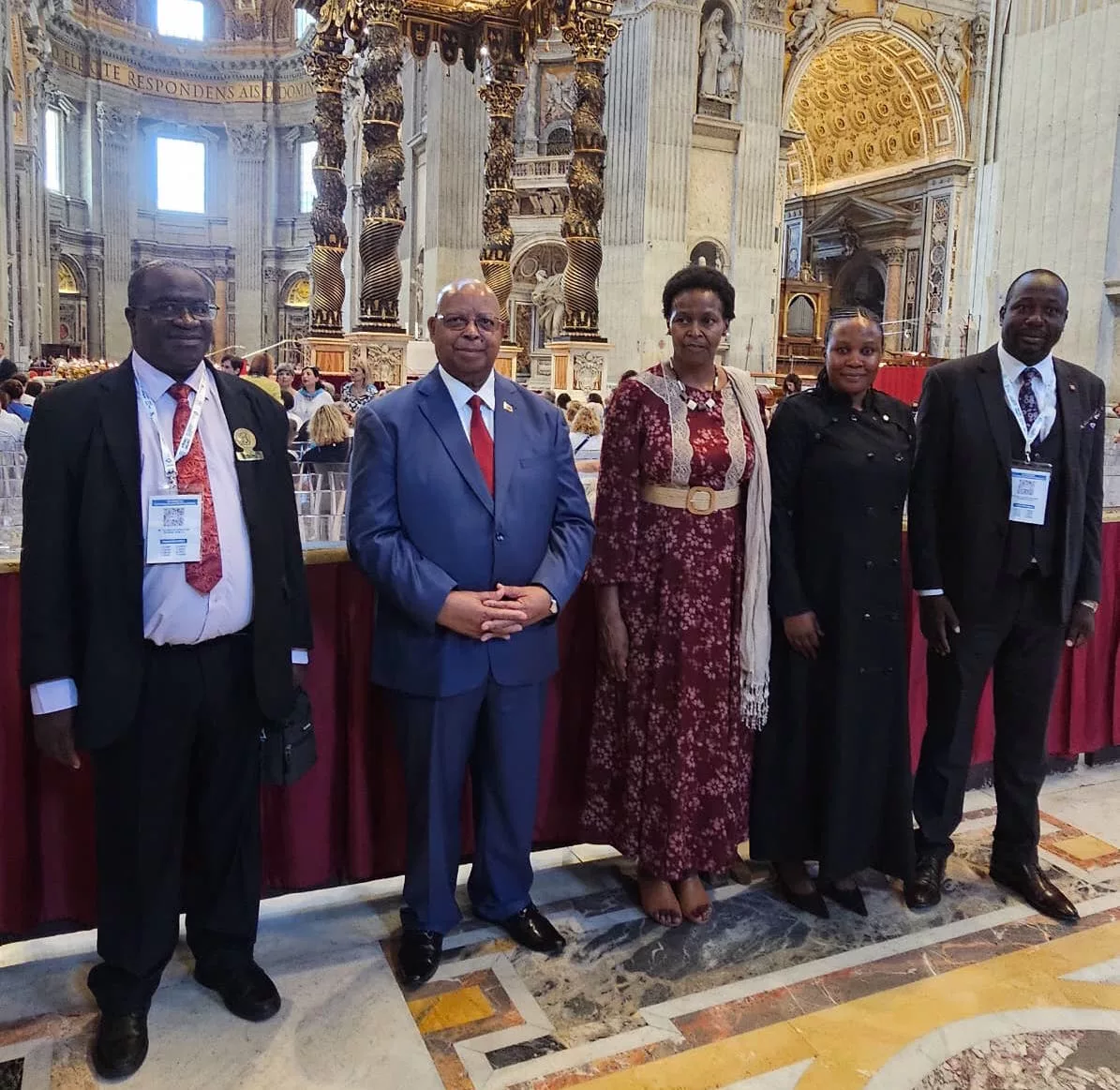|
Getting your Trinity Audio player ready...
|
During the 55th Plenary Assembly of the SADC Parliamentary Forum in Angola running from the 1st to the 7th of July 2024 in Angola, Hon Jacob F.N. Mudenda, the Speaker of Parliament of Zimbabwe urged the Southern African Development Community to come up with renewable energy policies and a single energy market.
“I am privileged to address the august 55th Assembly of the SADC Parliamentary Forum on the overarching theme: ‘The role of Parliaments in promoting renewable energy policies in the SADC region and the creation of a single regional energy market’. Currently, the energy landscape in the SADC region is characterized by an untapped rich tapestry of renewable energy resources which include hydropower generation, solar, wind, and biomass with a huge global potential of about 10580 terawatt-hours per year (TWh/year). Notwithstanding several master plans that have been crafted to mitigate the energy deficit in the region, actual progress remains stunted despite the pressing demand for electricity in the region in the wake of the regional industrialisation trajectory. Inexorably, this points to the need to improve the quantum of energy to meet the energy deficit,” Hon Mudenda said.
He said that the Inga Dam hydroelectric project in the Democratic Republic of Congo offers a transformative opportunity for the SADC region to access its untapped abundant hydropower source which has an envisaged potential to generate over 42 000MW of electricity that would adequately meet the energy needs of millions across the SADC region and continentally.
He added that realizing the full benefits of renewable energy projects in the SADC region requires courageous timely completion, effective implementation, and long-term sustainability of renewable power generation projects.
“Accordingly, the pending renewable power projects must be actualised without any further delay. Where there is a will, there is always a way! The power projects that need urgent completion include:
- Caculo Cabaça hydropower project (2160MW) – Angola;
- Batoka Hydro Project (2400MW), Devil’s Gorge(1200MW) – Zambia & Zimbabwe;
- Mphanda Nkuwa Hydropower Project (1500) – Mozambique;
- Stiegler’s Gorge Hydropower project (2096MW) – Tanzania.
“Thirdly and more critically, nuclear power is increasingly emerging as a potential solution to address the energy access and climate change challenges faced by SADC countries. Nuclear power offers a reliable, low-carbon alternative energy source that enhances energy security and environmental conservation sovereignty. Currently, nuclear energy accounts for 10% of electricity output worldwide, with Africa at 0.6% of world output. Strategic partnerships with international organizations and leading nuclear technology countries such as Russia, China, and South Korea can facilitate access to advanced nuclear technology that can accelerate nuclear power generation in the SADC region,” Hon Mudenda said.
In promoting renewable energy, he said a stout feed-in-tariff (FIT) is key in attracting investments by providing a guaranteed above-market price for producers. The concept has been a success in Europe, especially in countries such as Sweden, the United Kingdom, Poland, and Germany. Similarly, the Asian Tigers, Japan, and China implemented the feed-in tariff mechanisms resulting in enormous investments in the Renewable Energy sector. Such a policy trajectory must have (a) Guaranteed access to the grid; (b) Stable, long-term purchase agreements; and (c) Payment levels to the renewable energy producer based on competitive generation costs.
He added that to cement the regional cooperation in the renewable energy sector, the Southern Africa Power Pool (SAPP) is the answer to coordinated power generation and intra-energy country utilisation under a robust harmonised legal framework.
The following recommendations are tabled before this Assembly:
- Parliaments must nudge the Executive to propagate comprehensive cutting-edge energy policy frameworks for rapid energy investments and development.
- Parliaments must leverage higher budget allocations towards renewable energy sector development.
- Through legislative diplomacy, Parliamentarians must facilitate regional cooperation, agreements and mechanisms to create a vibrant single regional energy market through harmonization of energy policies and legal frameworks.
- Parliaments should ratify and domesticate the SADC Protocols on energy. These include SADC Protocols on Energy 1996, SADC Energy Activity Plan (2000), Regional Indicative Strategic Development Plan (2003), Regional Energy Access Strategy and Action Plan of 2010, SADC Regional Infrastructure, Development Master Plan and its Energy Sector Plan (2012), Revised RISDP (2015-2020), Sustainable Energy for All (SE4ALL) and Agenda 2063.
“I conclude by noting that Parliaments as accountability institutions have a solemn responsibility to ensure that the policy and regulatory environment in our countries enables the speedy transition towards a clean, secure, and affordable energy future for all our SADC citizens,” Hon Mudenda said.


